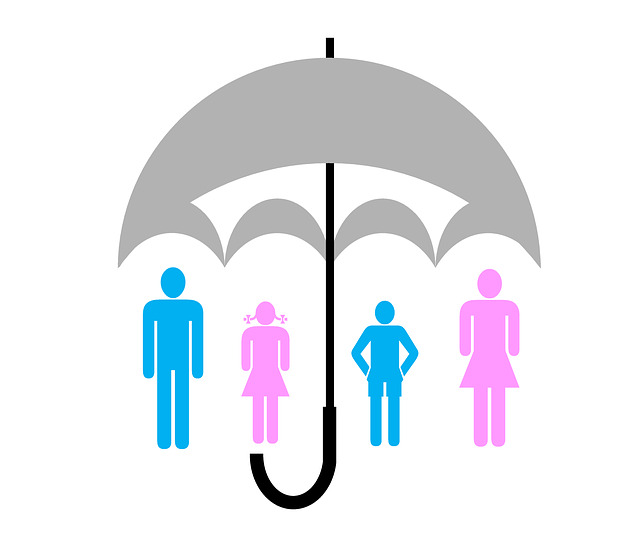
Nothing is more important than the health and safety of you and your loved ones as you deal with the COVID-19 pandemic. The coronavirus crisis has had a wide-reaching effect on just about every aspect of our lives. We’ve all been asked to adjust our daily routines. Unfortunately, our health and wellbeing aren’t the only things of which we need to be concerned. The sudden downward shift in our economy has had a devastating effect on employment. The U.S. is currently experiencing a jobless rate unseen since the Great Depression. If you, or someone close to you, lost a job as a result of the economic shutdown caused by COVID-19, we’re sure you’ve got questions. In this article, we’ll address some of those questions, particularly with respect to unemployment benefits.
In March 2020, the Coronavirus Aid, Relief, and Economic Security (CARES) Act was signed into law. The CARES Act expands the states’ ability to provide Unemployment Insurance (UI) to those affected by COVID-19. You may be eligible for UI if you are unemployed through no fault of your own, meet certain work and wage requirements, and satisfy any additional state requirements. Under the new law, even self-employed individuals and independent contractors may qualify.
Normally, UI benefits are available for up to 26 weeks. The CARES Act allows states to extend that coverage up to 13 additional weeks. To help provide a little more support, states also are able to increase UI benefits by $600 per week. These extended benefits are available through 12/31/20.
UI benefits are administered at the state level, so each state sets its own eligibility guidelines. To find state-specific information regarding eligibility, benefits, and applications, go to: www.careeronestop.org/LocalHelp/UnemploymentBenefits/Find-Unemployment-Benefits.aspx
One very important thing to remember is that UI benefits are taxable income. In order to avoid an unexpected tax bill next April, you may need to make estimated tax payments or have federal income tax withheld from your UI payments. You’ll need to complete Form W-4V to have tax withheld. We can help you determine the best course of action.
Note: By 1/31/21, you should receive Form 1099-G from your state showing the amount of taxable UI benefits paid in 2020. This form will help us prepare your 2020 Form 1040.
Obviously, this information barely scratches the surface of unemployment benefits and how to best handle your exact situation. These are challenging times, to say the least. If you find yourself in the unfortunate position of being unemployed right now, please know we are here for you. If you’d like to discuss this issue further, please give us a call. We’d love the opportunity to speak with you over the phone, via an online meeting, or in-person if you are comfortable doing so. We can address this issue or anything else you want to discuss. We are here to help!
Receive Free financial tips & Tax Alerts!
"*" indicates required fields
If you inherit assets after a loved one passes away, they often arrive with a valuable — but frequently misunderstood — tax benefit called the step-up in basis. Below is…
Suppose you’re thinking about setting up a retirement plan for yourself and your employees. However, you’re concerned about the financial commitment and administrative burdens involved. There are a couple of…
If you’re considering making asset transfers to your grandchildren or great grandchildren, be sure your estate plan addresses the federal generation-skipping transfer (GST) tax. This tax ensures that large estates…